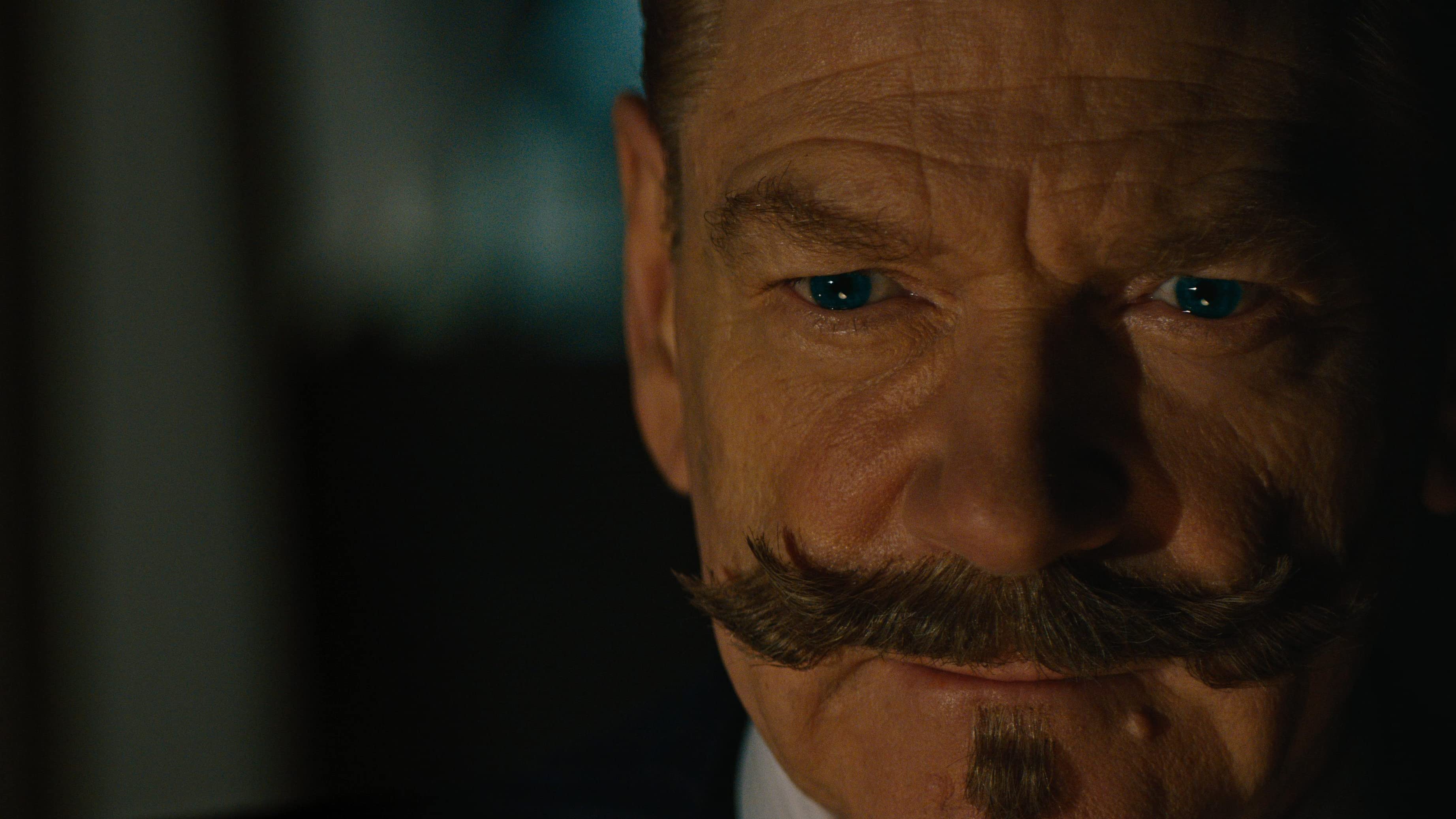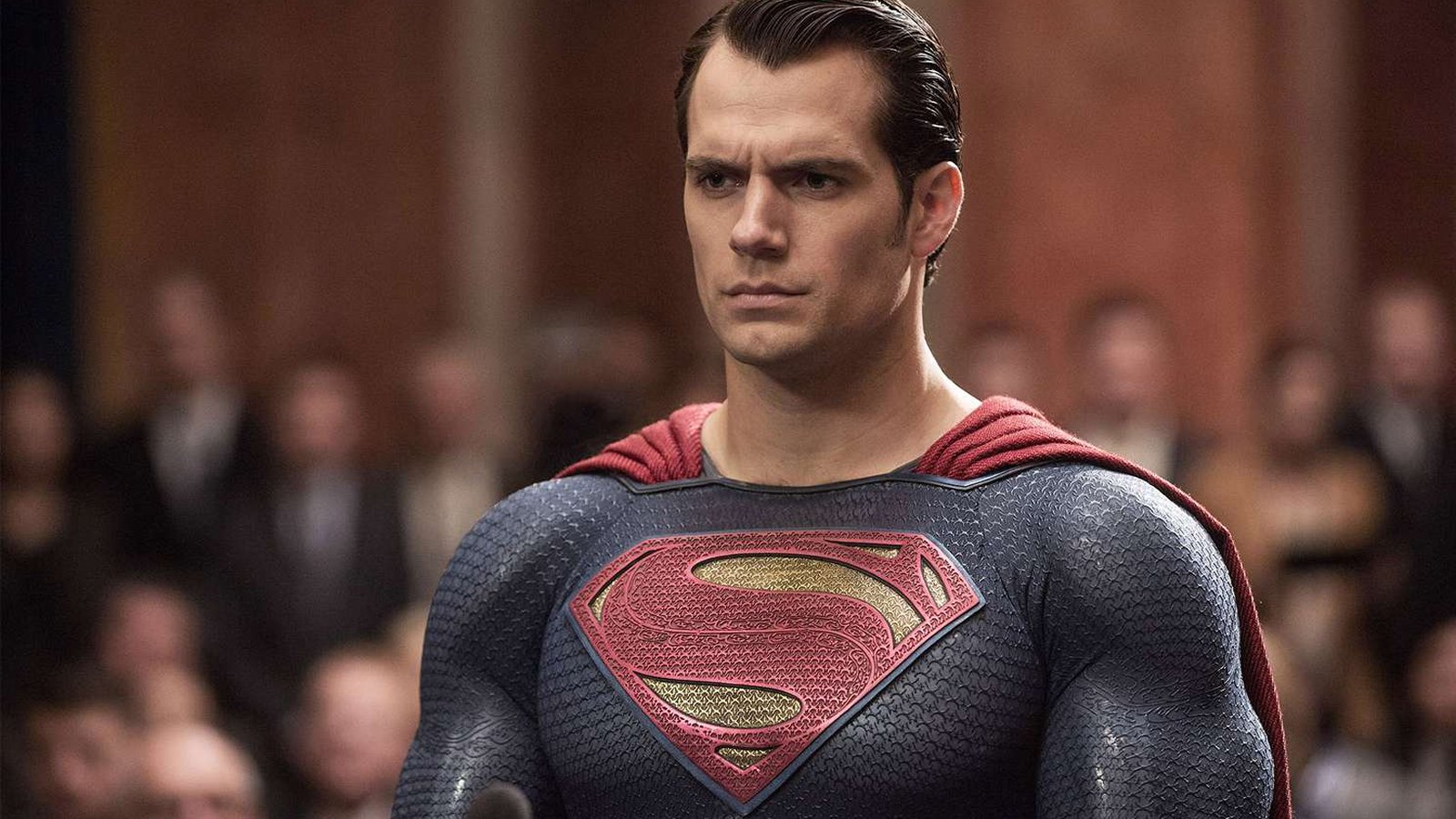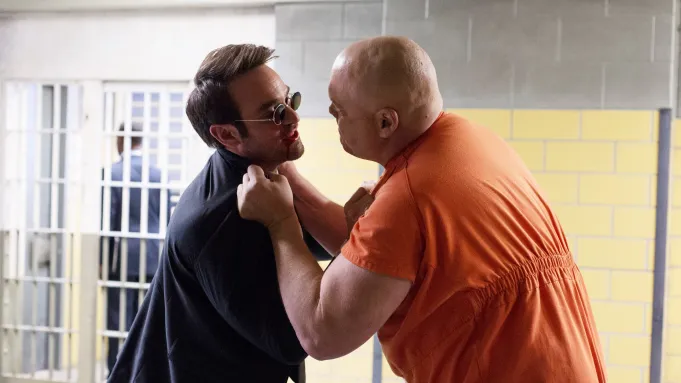If you click on a link and make a purchase we may receive a small commission. Read our editorial policy.
Poirot's moustache: I will never forgive Kenneth Branagh for giving it a back story
Truly the worst crime ever committed in an Agatha Christie story

Agatha Christie is taken pretty seriously in my family. In fact, Christie is my mom's very favorite writer, so I was introduced to Poirot and Miss Marple and Tommy and Tuppence very young (and also routinely quizzed in the middle of each book to see if I could discern who the killer was).
Along with reading all the books, I've watched a good deal of (if not all) the English-language television and film adaptations of Christie's stories - from the classic Sidney Lumet Murder on the Orient Express (noted as one of the first movies to feature a big star-studded cast) to the Miss Marple series that ran so long, they swapped out Marples when the first was ready to retire. Now all of this is to say that while I'm not technically an Agatha Christie expert, I've read and watched a lot of Christie. And in all of those hours of reading and watching, I have never seen a crime so unforgiveable in 2022's Death on the Nile when director Kenneth Branagh and writer Michael Green gave Hercule Poirot a tragic backstory for his moustache.
Oh yes, the famous moustaches were not grown for style's sake in Branagh's Poirot-verse. They were grown to cover up an old war wound. Sigh. It seems silly to say (though one apparently does need to say it), but not everything needs a tragic backstory. This fill-in mania seems to be a prevailing issue in film and television right now, from the Nurse Ratched TV show to Solo squeezing in why Han Solo has those dice in the Millenium Falcon. We just don't need it. Some things are just things. Like moustaches, which - especially in Poirot's time - are a fairly common way to display one's facial hair!
Separately, it is a longstanding tradition that many (if not all) detectives in this type of mystery story do not cross over into romance. Miss Marple was never married, nor was Jessica Fletcher in Murder She Wrote or Sherlock Holmes (Christie's main inspiration for Hercule Poirot), for that matter. Even Columbo's wife never made it on screen. And Poirot, more than most detectives, seems particularly ill suited to romance in all his prickly fastidiousness. Now why is this partnerlessness so common in the classic form of detective stories? Because detectives are not quite real characters, at least not as we think of characters in most media.
Now while I can understand the instinct Branagh might have had in giving his Poirot a little more to work with (are Poirot's famous mannerisms enough to carry an entire movie?), that instinct and the following choices reveal a fundamental misunderstanding of the genre. The detective is not a traditional leading character. They must be interesting and idiosyncratic enough to hold our attention, but really, they're our window into the case, not a real protagonist.This is why we might sneek a peek into Benoit Blanc's life in Glass Onion, but we don't need to know how he became a detective or how he met his husband. That's all secondary to the story itself, which, of course, is the murder and how it gets solved.
Now of course, not all adaptations have to be faithful to character, story, or even genre (for one, the plot of Haunting in Venice is virtually unrelated to it's "inspiration" Hallowe'en Party, and that's to its benefit), but giving us a Poirot backstory doesn't really help the movie experience, at least not in Death on the Nile. The hints at a dark Poirot history works a little more in Haunting in Venice, but that's because it's made less explicit and is better tied to the plot (which is about ghosts).
Knowing that Poirot has been through the war, and that the war is haunting him, like it is haunting the others trapped in the house is useful for the purposes of the film, even if its not quite Poirot. For sure echoes of the past are a far cry from a World War I flashback that informs us that the famous detective once had a fiancee (what happened to her anyway?) and that battle scars (and his now missing fiancee's advice) led him to grow his famous moustaches. I still remember groaning aloud when that scene played out the big screen, and I honestly don't know if I'll ever be over it.
Wes Anderson is the perfect fit to adapt Roald Dahl's strange stories
Follow Popverse for upcoming event coverage and news
Find out how we conduct our review by reading our review policy
Let Popverse be your tour guide through the wilderness of pop culture
Sign in and let us help you find your new favorite thing.
















Comments
Want to join the discussion? Please activate your account first.
Visit Reedpop ID if you need to resend the confirmation email.